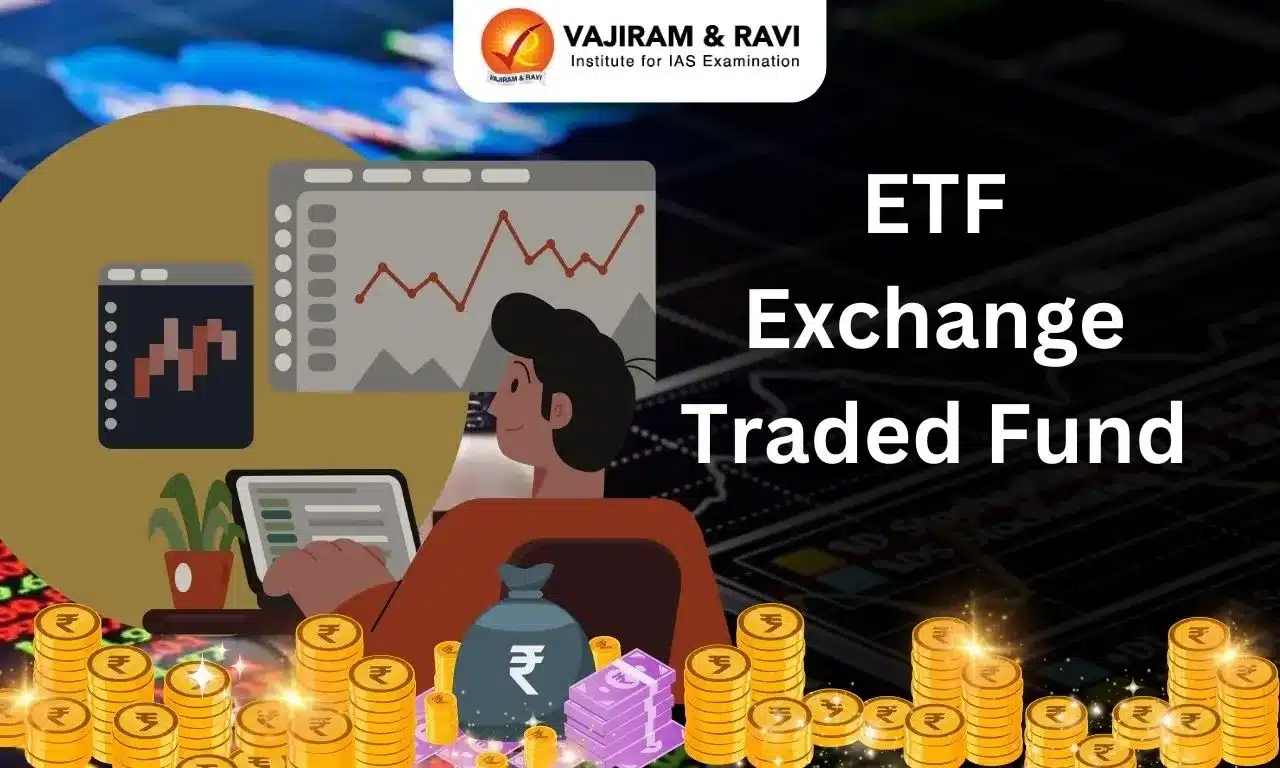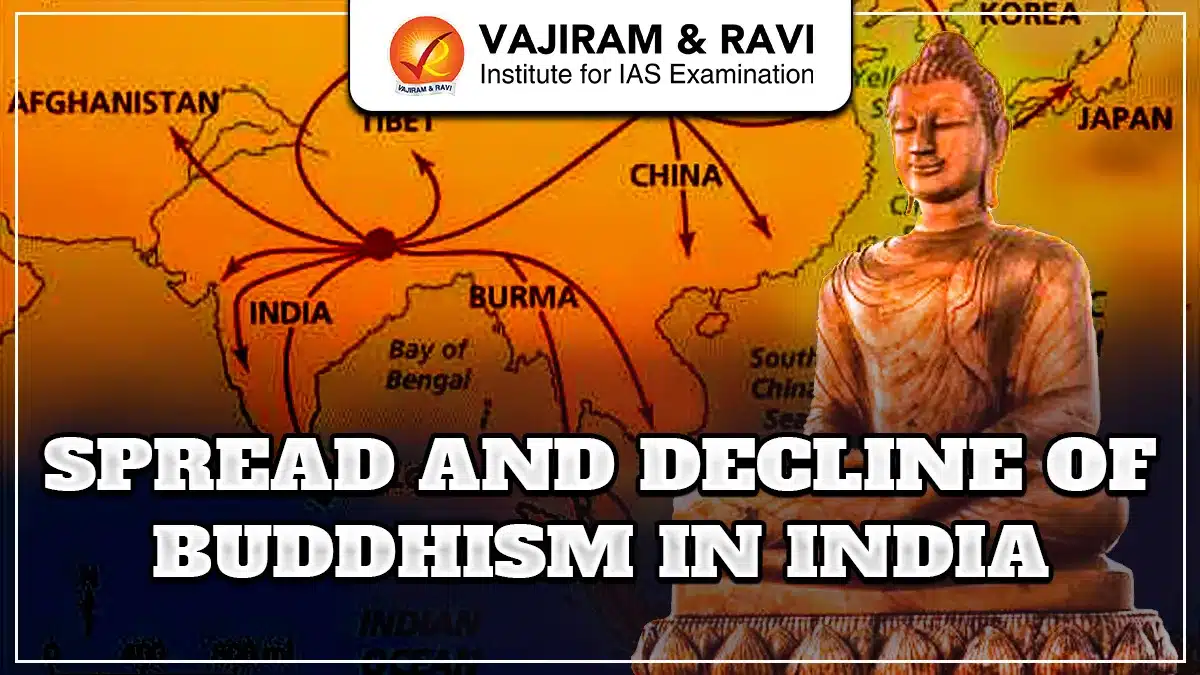An Exchange-Traded Fund (ETFs) is an investment fund that allows investors to gain exposure to a diversified portfolio of assets like stocks, bonds, or commodities. ETFs have become a popular investment option for individuals seeking diversification, flexibility, and cost-effectiveness.
By combining the best features of both mutual funds and stocks, ETFs allow investors to gain exposure to a wide array of assets such as equities, bonds, commodities, and more. Although ETFs are generally low-cost and tax-efficient, risks such as market fluctuations and sector concentration are there.
What is ETF?
An Exchange-Traded Fund (ETF) is a type of investment fund that combines features of both mutual funds and stocks. It allows investors to gain exposure to a diversified basket of assets such as stocks, bonds, commodities, or other securities. ETFs provide the flexibility of being traded on stock exchanges like individual stocks, meaning they can be bought and sold throughout the trading day at market prices.
- In India, ETFs are regulated by the Securities and Exchange Board of India (SEBI), which oversees the functioning of securities markets and ensures that the interests of investors are safeguarded.
Types of ETF
There are various types of ETFs, each designed to meet the specific needs and preferences of investors. Some ETFs track broad market indices, while others focus on specific sectors or asset classes. Key types of ETFs are as follows:
- Index ETFs: These ETFs track a specific stock index, such as the S&P 500 or NASDAQ-100, allowing investors to gain exposure to a diverse group of companies.
- Bond ETFs: These ETFs invest in fixed-income securities like government or corporate bonds, providing regular income and lower risk compared to stocks.
- Commodity ETFs: These ETFs invest in physical commodities like gold, oil, or agricultural products. They allow investors to gain exposure to commodities without owning the underlying assets.
- Foreign Market ETFs: These ETFs invest in foreign markets, providing global exposure for investors looking to diversify beyond their domestic economy.
- Thematic ETFs: These ETFs invest based on themes or trends, such as ESG (Environmental, Social, and Governance), artificial intelligence, or renewable energy.
- Inverse and Leveraged ETFs: These ETFs aim to amplify returns or profit from market declines by using derivatives. However, they are riskier and typically designed for short-term trading.
Features of ETF
ETFs combine the diversification benefits of mutual funds with the liquidity and ease of trading individual stocks. Investors can benefit from low costs, transparency, and tax efficiency, making ETFs a popular choice for both beginner and experienced investors. Key features of Exchange-Traded Fund are:
- Liquidity: ETFs trade on stock exchanges, allowing for intraday trading, which means investors can buy or sell shares throughout the trading day at market prices.
- Diversification: ETFs typically hold a range of assets, making it easier for investors to diversify their portfolios with a single investment.
- Transparency: The holdings of ETFs are typically disclosed daily, providing investors with clear visibility into the underlying assets.
- Low Cost: ETFs generally have lower management fees compared to mutual funds due to their passive management style.
ETF Risks
While ETFs offer several advantages, they also come with certain risks that investors need to consider. Market risk, liquidity concerns, and the potential for tracking errors can affect an ETF's performance. Major risks associated with ETFs are:
- Market Risk: Like any market-traded security, ETFs are subject to price fluctuations based on market conditions. The value of an ETF can rise or fall depending on the performance of the underlying assets.
- Sector/Concentration Risk: Sector-focused ETFs or those concentrated in a particular region or industry can be more volatile due to their exposure to the performance of specific sectors or companies.
- Leveraged and Inverse Risk: Leveraged and inverse ETFs are more volatile and are typically suited for short-term trading.
ETF vs Mutual Funds
While both ETFs and mutual funds are popular investment vehicles that offer diversification, they differ in key aspects such as trading, management style, and cost structure. Key differences include:
-
- Trading Mechanism: ETFs are traded on exchanges like stocks, allowing investors to buy and sell throughout the day. Mutual funds, on the other hand, are purchased or redeemed at the end of the trading day at the Net Asset Value (NAV).
- Cost: ETFs typically have lower expense ratios compared to mutual funds.
- Tax Efficiency: ETFs are generally more tax-efficient than mutual funds, as they typically distribute fewer capital gains.
- Minimum Investment: Mutual funds often require a minimum investment, while ETFs can be purchased in small quantities (even one share), providing more flexibility to investors with smaller amounts of capital.
Last updated on February, 2026
→ UPSC Notification 2026 is now out on the official website at upsconline.nic.in.
→ UPSC IFoS Notification 2026 is now out on the official website at upsconline.nic.in.
→ UPSC Calendar 2026 has been released.
→ Check out the latest UPSC Syllabus 2026 here.
→ Join Vajiram & Ravi’s Interview Guidance Programme for expert help to crack your final UPSC stage.
→ UPSC Mains Result 2025 is now out.
→ UPSC Prelims 2026 will be conducted on 24th May, 2026 & UPSC Mains 2026 will be conducted on 21st August 2026.
→ The UPSC Selection Process is of 3 stages-Prelims, Mains and Interview.
→ Prepare effectively with Vajiram & Ravi’s UPSC Prelims Test Series 2026 featuring full-length mock tests, detailed solutions, and performance analysis.
→ Enroll in Vajiram & Ravi’s UPSC Mains Test Series 2026 for structured answer writing practice, expert evaluation, and exam-oriented feedback.
→ Join Vajiram & Ravi’s Best UPSC Mentorship Program for personalized guidance, strategy planning, and one-to-one support from experienced mentors.
→ UPSC Result 2024 is released with latest UPSC Marksheet 2024. Check Now!
→ UPSC Toppers List 2024 is released now. Shakti Dubey is UPSC AIR 1 2024 Topper.
→ Also check Best UPSC Coaching in India
ETF FAQs
Q1. What is the meaning of an Exchange Traded Fund?+
Q2. What is the objective of an Exchange Traded Fund?+
Q3. Who controls ETFs in India?+
Q4. What is the power of an ETF?+
Q5. Is an ETF a good investment?+
Tags: exchange traded fund quest


















